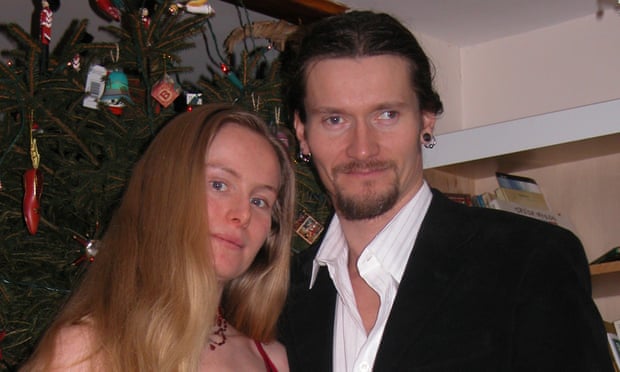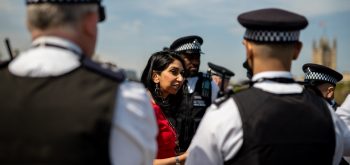The Metropolitan Police this week admitted in an ongoing court case that the force breached a suspect’s right to privacy and family life by deliberately deceiving her into a sexual relationship and conducting covert surveillance. Kate Wilson has been locked in legal claims with the Met since 2017 after she discovered that an undercover police officer, Mark Kennedy, falsely posed as an activist in order to begin a romantic relationship with her and gather evidence about her campaigning on political issues, such as the environment and social justice.
The force had previously conceded that the actions of officer Kennedy were a breach of Wilson’s rights under Article 8 of the European Convention on Human Rights. The Met Police and the National Police Chiefs Council (NPCC) have have now accepted before the Investigatory Powers Tribunal, the statutory body with jurisdiction to hear complaints about unlawful covert activity by public authorities, that covert surveillance by six additional officers was also not a proportionate nor justified interference with Wilson’s human rights. Legal argument continues as to whether the operation as a whole, and the authorisation of the surveillance, against Ms Wilson was lawful.
The Regulation of Investigatory Powers Act 200 (RIPA) and the Investigatory Powers Act 2016 (IPA) set out safeguards to ensure covert intelligence techniques are used lawfully and do not breach human rights legislation. Wilson’s case, however, shows that these laws often do not provide sufficient protections against intrusions into a citizen’s private life.
As reported elsewhere, the Covert Human Intelligence Sources (Criminal Conduct) Bill, currently working its way through Parliament, seeks to offer protection from prosecution for undercover officers who commit criminal offences whilst discharging their duties. Opponents of the bill have lampooned its failure to explicitly prohibit officers from committing the most serious offences, including murder and rape. The Shadow Home Secretary, Nick Thomas-Symonds, said in The Independent that ‘the government needs to be far more explicit on the ways that vital Human Rights protections will be central to the day-to-day operation of the provisions in this bill‘.
Wilson’s experiences are not unique. The Undercover Policy Inquiry, currently in its investigation stage, will begin hearing oral evidence in November 2020. The inquiry seeks to discern how police authorities have used covert powers to investigate suspects as long ago as 1968, including officers who engaged in sexual relationships with civilians, and whether such power was exercised lawfully. Wilson has expressed her solidarity with other women who were deceived by undercover offices and suffered in similar ways. She says ‘these admissions have wide reaching significance for the public at large. Over 30 women now know that they were deceived into intimate, sexual relationships with undercover officers. These admissions mean it is simply not sustainable to say these operations were legitimate, proportionate, or lawful’.







